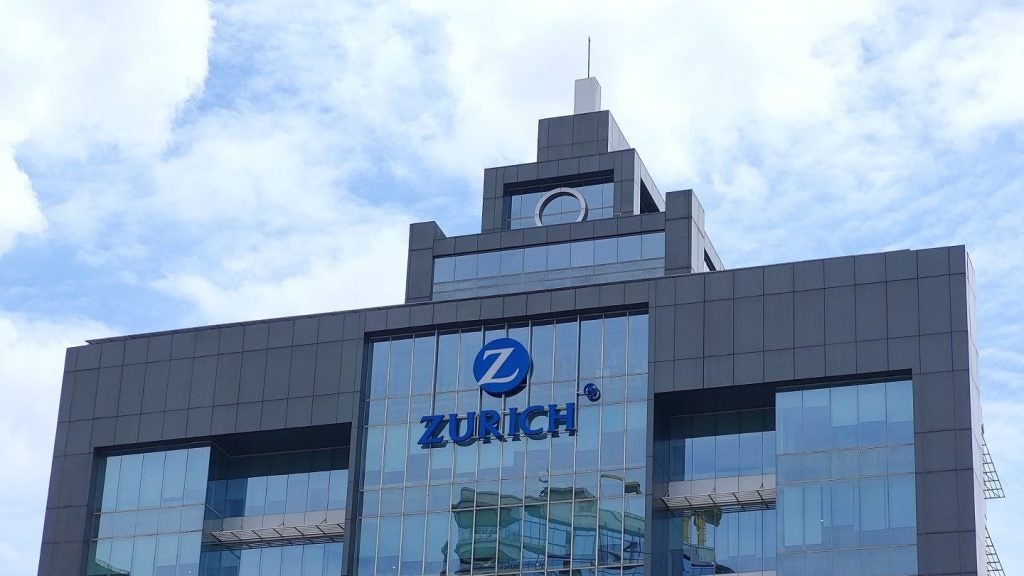Terming the government decision as arbitrary, the judge questioned the process used by the Financial Stability Oversight Council (FSOC) to declare MetLife as a non-bank SIFI, which could threaten the US economy.
In her ruling, Judge Rosemary Collyer wrote: "During the designation process, two of FSOC’s definitions were ignored or, at least, abandoned. Although an agency can change its statutory interpretation when it explains why, FSOC insists that it changed nothing.

Access deeper industry intelligence
Experience unmatched clarity with a single platform that combines unique data, AI, and human expertise.
"But clearly it did so. FSOC reversed itself on whether MetLife’s vulnerability to financial distress would be considered and what it means to threaten the financial stability of the United States."
"While MetLife advances many other arguments against its decision, FSOC’s unacknowledged departure from its guidance and express refusal to consider cost require the Court to rescind the final determination."
Following FSOC decision, MetLife, the largest US life insurer, was subjected to much tougher rules on capital and use of borrowed money to reduce their risks. FSOC designated MetLife as a systemically important financial institution in 2014.
Subsequently, MetLife initiated the legal process against the US government in 2015. It said that the FSOC used a secretive, faulty process in determining the company as SIFI.

US Tariffs are shifting - will you react or anticipate?
Don’t let policy changes catch you off guard. Stay proactive with real-time data and expert analysis.
By GlobalDataFour nonbank companies have been tagged as SIFI, as the government considers they would pose a risk to the financial system if they collapsed.
After the financial crisis of 2008, the US government brought the Dodd-Frank Wall Street reform law to designate US nonbank companies as "too big to fail".







